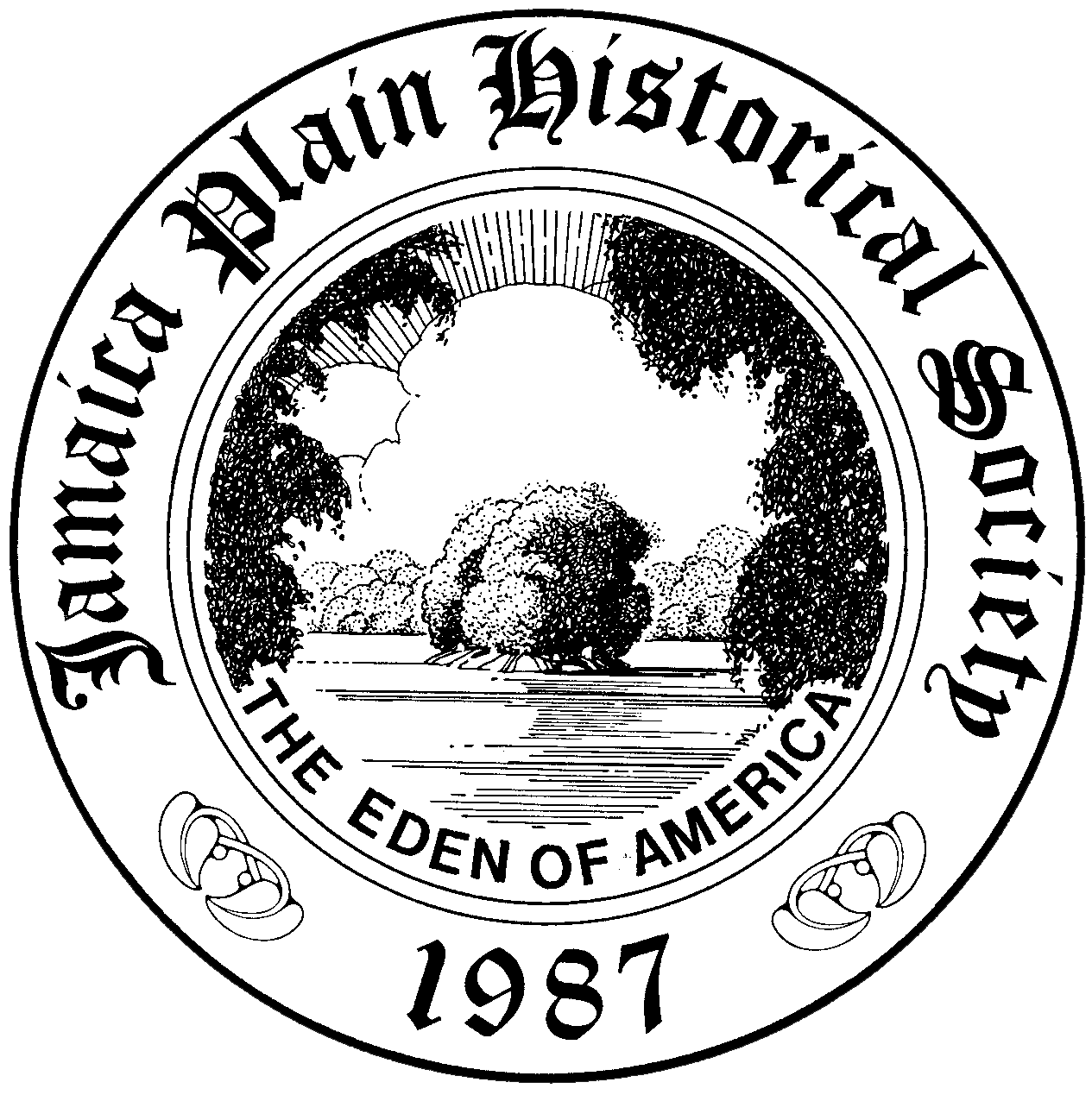Flora and the Renaming of Bussey Street
Flora was a Black woman enslaved in what is now Roslindale when slavery was legal in 17th and 18th century Massachusetts. Many European white colonists of all classes enslaved Black and Indigenous people in small numbers to perform a range of household labor, including skilled work, such as carpentry, childcare, spinning cloth, milking cows, and domestic chores. While the colony did not have large agricultural plantations that required many enslaved people to work the fields, as in the South, there were quite a few small commercial farms that raised crops for market and extracted profit from the labor of enslaved people to enrich their enslavers.
Probate records show the inventory value assigned to Flora (£40) and the other enslaved people on the Dudley farm
One such farm in the rural reaches of Roxbury, which at the time included current-day Jamaica Plain and Roslindale, was owned by William Dudley, the son of Governor Joseph Dudley and grandson of Governor Thomas Dudley, a founding father of the Massachusetts Bay Colony. Lacking a will upon his death in 1743, his various properties, including four enslaved people, were listed in the probate court inventory of his estate. Three of the enslaved people were males – two adults and one boy – and one was a female, Flora, described as an “old Negro woman” and valued at 40 pounds, considerably less than the male field hands [1], along with a listing of the purchase of her shoes, apron and other accoutrements needed for her household chores [2]. She was eventually sold some years later for that same amount [3].
The Dudley household where Flora worked was near the land that later became the Arboretum, across Walter Street in the direction of South and Centre streets. Part of the Dudley landholdings included the tract bounded by Centre, Walter and Weld streets that now is Arboretum land and includes the Arboretum’s Weld Hill Research Building.
Probate records showing the purchase price of various accessories used by Flora in her work as a slave
Bussey Street was named for Benjamin Bussey, a Revolutionary War veteran who became wealthy as a shipping merchant. His legacy, like many of his contemporaries, was complicated by much of his wealth derived from the profits of trade in products produced by enslaved people in the American South and the Caribbean. In 1806, he began purchasing land in Jamaica Plain for his retirement. He moved there, improved the land, planted lilacs, and began the custom of welcoming visitors. Effective upon his death in 1843, he bequeathed his land and part of his fortune to Harvard University for endowed professorships, and a school "for instruction in agriculture, horticulture, and related subjects". For seventy years, the Bussey Institute was an agriculture college. In 1872, another 120 acres of the Bussey estate was used by Harvard to create the Arnold Arboretum. Bussey was also a philanthropist to many other organizations, including the church in Jamaica Plain.
A pre-existing road called the Town Way became known as Bussey Street sometime prior to 1832, acknowledging his ownership of the surrounding land. While his name will now be removed from that street, the Arboretum will keep his name on three prominent parts of its landscape – Bussey Hill, Bussey Brook, and Bussey Brook Meadow – in recognition of his generous philanthropic gift, with full knowledge of his complex legacy [4]. Additionally, the nearby railroad bridge will retain his name.
Probate records showing the eventual sale of Flora for £40
A Working Group of Jamaica Plain and Roslindale residents and organizations was formed in 2023 to initiate and carry out a community process to rename Bussey Street for a person hidden in history, whose legacy is more in keeping with present-day community values. Nominations were sought from both the Working Group and other community members. After a rigorous review, the names of five finalists were presented to the community to rate as best suited to become the new street name. Three of the finalists were formerly enslaved people living in this area. Flora received the highest rating of the five names, in part because of the secondary association of her name with the very purpose of the Arboretum.
Renaming Bussey Street for Flora elevates this person from the most marginalized community of enslaved people, many of whom did not even have surnames, and redresses, in a symbolic and public way, the wrongs of slavery perpetrated, and profited from, by so many, including not just the Dudleys but Benjamin Bussey as well. Written history has lauded the achievements of Bussey and his peers, but we know virtually nothing of the character and suppressed potential of Flora and enslaved people like her throughout the region. It is the commitment of the Working Group to provide ongoing education in our communities to remember Flora’s legacy and the shameful history of slavery in this region.
Sources
[1] Suffolk County Probate Records, vol. 42. p. 333. https://www.familysearch.org/ark:/61903/3:1:3Q9M-C9YT-Q15. The research cited in this paragraph was conducted mainly by Wayne Tucker of the Eleven Names Project.
[2] William Dudley, 1743. # 7943. Suffolk County, MA: Probate File Papers. https://www.familysearch.org/ark:/61903/3:1:3Q9M-CSNN-VBD7?i=778
[3] William Dudley, 1743. # 7943. Suffolk County, MA: Probate File Papers. https://www.familysearch.org/ark:/61903/3:1:3Q9M-CSNN-VBKR?i=779
[4] The Arnold Arboretum and the Legacy of Slavery. https://arboretum.harvard.edu/about/our-history/the-arnold-arboretum-and-the-legacy-of-slavery/
Additional Reading on Slavery
Slavery in Jamaica Plain, MA. https://www.jphs.org/colonial-era/slavery-in-jamaica-plain
Slavery in Roslindale, MA. https://eleven-names.com/2021/08/19/dudleian-slavery-in-roslindale/



